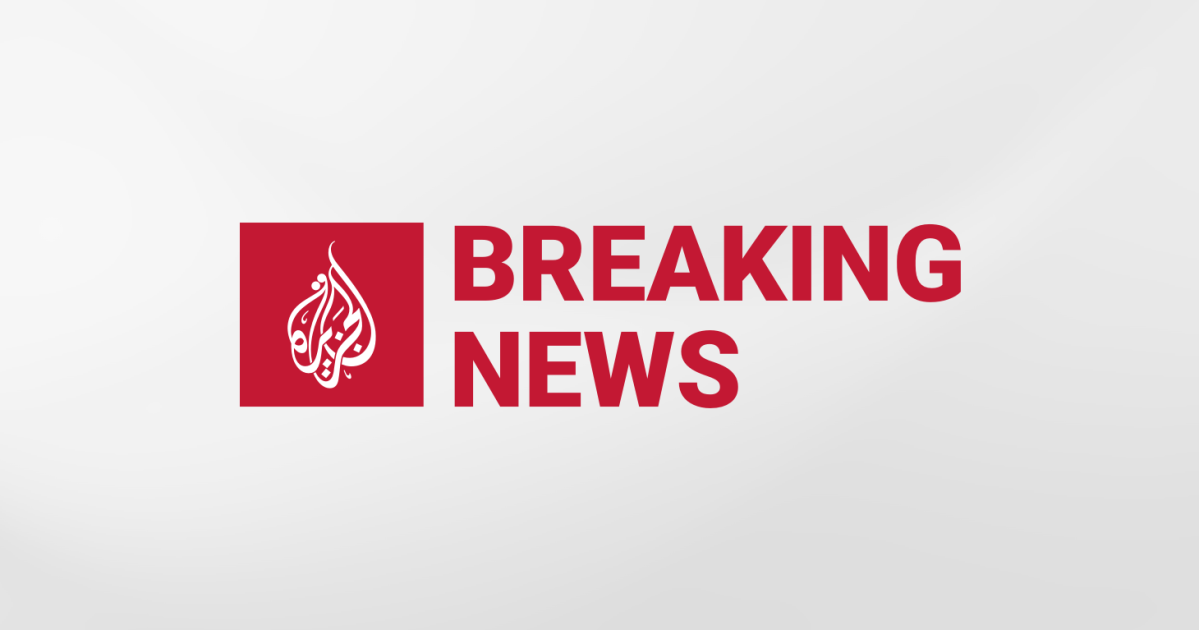Can a Hezbollah-Israel war trigger civil strife in Lebanon? | Israel-Palestine conflict News
Beirut, Lebanon – Hezbollah’s effort to contain – as opposed to ending – its low-level conflict with Israel is drawing praise and condemnation from across Lebanon.
The split harks back to the 1975-1990 civil war, which split political factions across class and sectarian lines in support of or opposition to the Palestinian armed struggle against Israel being waged from Lebanon.
Now, as Israel threatens an all-out war against Iran-backed Hezbollah, sectarian tensions are climbing.
Hezbollah’s critics and political rivals blame it for waging a war against Israel without consulting other factions as Lebanon struggles to recover from a devastated economy.
Hezbollah started engaging Israel on October 8, saying it will continue until there is a ceasefire in Gaza, where Israel has killed more than 37,000 people and uprooted most of the population.
Israel’s war on Gaza started after a Hamas-led attack on Israel on October 7, in which 1,139 people were killed and 250 taken captive.
With no victory or achievements to claim nine months later, Israel may be in a predicament in Gaza, but is yet disproportionately responding to Hezbollah’s attacks and threatening another war there.
“Nobody wants a war now, but it is Israel that is the one waging conflict,” said Qassem Kassir, a Lebanese political analyst believed to be close to Hezbollah.
“If Israel launches a [full-scale] war, it will be an open and major one.”
Not a team player?
Some people in Lebanon, particularly from the Christian community, are very unhappy with Hezbollah.
Samir Gagea and Samy Gemayel, Christian politicians who head the Lebanese Forces and Kataeb parties respectively, blame Hezbollah for dragging Lebanon into an avoidable “‘war of attrition” and drawing Israeli attacks to Lebanese soil.
Since October 8, Israel has killed about 88 civilians in south Lebanon, while Hezbollah attacks have killed 10 Israeli civilians.
Geagea and Gemayel’s rhetoric could signal that they do not want to get drawn into a regional conflict, Michael Young, an analyst on Lebanon and the author of The Ghosts of Martyrs Square: An Eyewitness Account of Lebanon’s Life Struggle, told Al Jazeera.
“Many Christian leaders are opposed to Hezbollah’s decision to open a front against Israel,” he said, adding that an additional intent may be “to show that not all of Lebanon is behind Hezbollah in hopes of perhaps sparing their areas the worst of a war with Israel”.
Others agree that Hezbollah should have not taken a “unilateral” decision.
“Hezbollah clearly stated that they have opened the front [in south Lebanon] to support Hamas against Israel’s invasion. But as a Lebanese citizen … Hezbollah did not consult anyone when it took this decision,” said Doumit Azzi, a Lebanese Christian human rights activist.
Azzi believes Hezbollah is an arm of the Iranian regime and referenced the group’s interference in Syria’s civil war to support President Bashar al-Assad against a rebellion.
“The situation [in Lebanon] is not black and white. I won’t stand by Israel’s colonial project or another imperialism that has committed atrocities in Syria during the uprising,” Azzi told Al Jazeera.
Grassroots resistance heroes?
Others view Hezbollah as a grassroots resistance group that liberated south Lebanon from Israel’s 18-year occupation in 2000.
Hezbollah has become more sophisticated since then, expanding its combat capabilities, weapons arsenal and revenue streams, experts previously told Al Jazeera.
It has long branded itself as the face of the “axis of resistance”, which includes Iran-backed militias in Iraq, Syria and Yemen, as well as Hamas.
Amal Saad, a political analyst and the author of Hezbollah: Politics and Religion, said Hezbollah’s main opponents today are Christian factions.
“The de-sectarian region – no more Sunni/Shia tensions like during the Syrian war – is going to make the climate more favourable for Hezbollah,” she said.
“Generally speaking, it’s more Christians vs Shia now.”
Saad added that rival factions have long tried to strip Hezbollah of its weapons and capabilities, which the group guards jealously as a means to defend against Israel.
An example, she said, was the Lebanese parliament’s decision in May 2008 to dismantle Hezbollah’s secure telephone network.
Hezbollah reacted by laying siege to West Beirut until the order was reversed.
The brief standoff brought the country to the edge of a civil war.
Is this enough?
The daily killing of Palestinians in Gaza makes some pro-Hezbollah supporters call for more action against Israel.
“I don’t think Hezbollah is doing enough,” a member of the Syrian Socialist Nationalist Party, who went by the name Gamal Hassaniya, told Al Jazeera.
“They should invade Israel and what happens, happens,” he said.

Hassaniya acknowledged, however, that Israel would respond forcefully, likely triggering mass displacement.
Lebanese Shia would have to resettle in Sunni – and possibly Christian – heartlands throughout the country.
A wave of displacement to Christian towns and neighbourhoods “might” lead to civil strife, Kataeb Party spokesperson Patrick Richa, said.
“We will have to separate between civilians and military people,” Richa told Al Jazeera.
“We will not accept – in our region where we [Christians] exist – any military platforms that might lead to military repercussions,” Richa told Al Jazeera.
But Young does not see Hezbollah setting up military operations in any Christian areas if a war with Israel erupts because it does not want to stir sectarian tensions, which would be advantageous for Israel.
“Israel will weaponise whatever it can weaponise [against Hezbollah],” he said.
“But the Lebanese political class has no interest in playing along with an Israeli game that would heighten sectarian tensions.”
Check out our Latest News and Follow us at Facebook
Original Source







